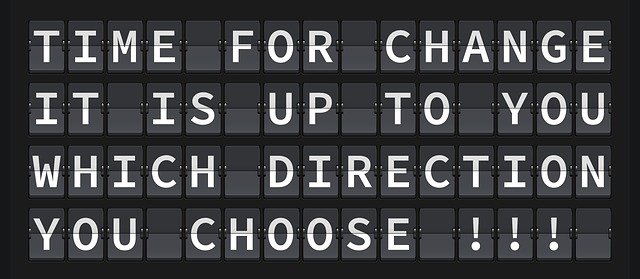Jon Kabat-Zinn when discussing mindfulness and resilience in difficult times stressed the need to be “still aware of beauty” in the midst of the challenges confronting us during the onset of the Coronavirus. He suggested that despite the incredible heartbreak of these times, inspiration abounds, particularly in the beauty and resilience of nature. Jon referred to the words of Thich Nhat Hanh, a Vietnamese Buddhist, who experienced his fellow monks dying from bombing raids by the Americans. Amidst the grief during the burial of his friends, Thich Nhat Hanh said, “Don’t forget to see the flowers blooming by the side of the road”. Jon reminds us to lift our eyes beyond the present pain and fear and to be aware of nature and all its beauty and healing power.
Wise@Work recently provided a webinar with Mark Coleman presenting on the topic of Beauty, Joy and Resilience in the Midst of Adversity: the Healing Power of Nature. Mark is a globally recognised meditation teacher, author of From Suffering to Peace: The True Promise of Mindfulness and the creator of the Mindfulness Institute. Mark has a particular focus on being healed through nature by finding beauty and joy in experiencing nature mindfully. He shares his unique insights drawn from mindfulness practices, research and experience in this area through his course, Awake in the Wild Nature Meditation.
Attending to nature and experiencing connectedness
What we pay attention to shapes our lives – our thoughts, feelings, mood and perspective. In challenging times, we tend to become absorbed in what we have lost, obsess about the news and feel a loss of agency in many aspects of our life. Our natural negative bias is strengthened, resulting in a continuous scanning of the environment (local and global) for threats, both real and imagined.
Mark maintains that we can restore our sense of equilibrium by paying attention to nature – attention being something that we can have agency over. Through mindful attending to nature we can experience joy, peace, beauty and healing – experiences that are uplifting and energising. He argues that as we become connected and aligned with nature, we can find our life purpose and delight in living or, as Jon Kabat-Zinn describes it, “waking up to what is” as the “laboratory of life unfolds”. Mark quoted the words of Mary Oliver’s poem, Mindful, to reinforce his view of the joy in nature.
Nature as a source of sensory awareness and joy
We can refocus our attention by beginning to notice nature as it unfolds daily before us and enlivens our senses – seeing the exquisite beauty of the sun rising in the morning over the water, listening to the echoing sounds of birds as they awake to another day, smelling the ground and grass after a night’s rain, touching a furry leaf or tasting freshly picked fruit, herbs or vegetables. There are many ways to tap into the beauty and healing power of nature – we just have to be alive to them and willing to create space in our lives to experience this unending source of joy.
Mark reminds us that we don’t have to go out into the wild or visit a rainforest to enjoy nature (the very words we use such as “enjoy” expresses nature’s potential). We can venture into our yard and observe the blossoms on the trees, notice the first seedlings emerging from recently planted grass seeds, feel grounded on the solidity of the earth, smell the earthiness of the soil and hear the wind gently rustling the leaves of trees and plants. We can even stay inside and connect with nature through pictures and images – the sunflowers in a field of grass, the small child leaning over to smell a flower in a rockery or the tall poplars lining an expanse of crops. If we study the painting of the girl, we can observe the colour of the flowers, the shape of the leaves, the fallen branches and the stone paving – things that we may not have noticed before.
Reflection
I have always found trees a source of meditation and an inspiration for poems because they reflect the paradox of human existence – suffering and joy, life and death, disconnection and closeness, weak and strong, flexible and inflexible.
Nature surrounds us and is there before our eyes, ears and other senses – if we would only pay attention. The time required is minimal and the rewards in terms of mental and physical health and overall wellbeing are great. Nature is a free, ever-changing resource.
As we grow in mindfulness through paying attention to nature and meditating on nature, we can experience a calmness, peace and joy amidst these turbulent times. Like our breathing, nature is a refuge readily available to us to enjoy, a source of connection to other living things and means of healing through alignment.
_______________________________________
Image by Jill Wellington from Pixabay
By Ron Passfield – Copyright (Creative Commons license, Attribution–Non Commercial–No Derivatives)
Disclosure: If you purchase a product through this site, I may earn a commission which will help to pay for the site, the associated Meetup group and the resources to support the blog.

